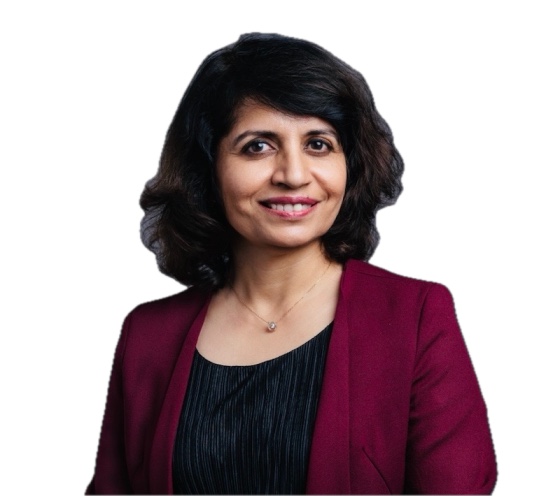Malti Sachdev brings over 25 years of healthcare industry experience. Known for her strategic insight, business acumen, and dedication to patient care, Malti has earned a reputation as a highly respected leader.
In an exclusive interview with Rahul Koul, Chief Editor, BioVoice News, Malti Sachdev, Senior Vice President & Head-Varian, Siemens Healthineers, shares insights on the latest tech trends within cancer care space in India and the contribution of her company towards increased accessibility of diagnostic solutions.
 Being a Siemens Healthineers company, how are combined efforts of Varian and Siemens Healthineers contributing to advancements in efficient cancer care?
Being a Siemens Healthineers company, how are combined efforts of Varian and Siemens Healthineers contributing to advancements in efficient cancer care?
Varian, a Siemens Healthineers company, is dedicated to leading an intelligent fight against cancer. We are global leaders in radiation therapy, a cancer treatment that involves killing cancerous cells by exposing them to high-intensity energy waves. It has evolved to deliver targeted treatments with incredible precision, using the latest technology to prevent damaging healthy cells and nearby vital organs.
With the right treatment, cancer patients can live and survive longer, allowing them to lead more fulfilling lives. We employ a diverse team of caring and inspired people committed to a vision of a ‘world without fear of cancer.’ Collaborating with Siemens Healthineers allows us to address the entire cancer care continuum, from in-vitro diagnostics and best-in-class imaging to therapies like interventional radiology and radiotherapy and follow-up care. We are working on integrating Siemens Healthineers diagnostic products with Varian therapy equipment through a seamless interface. We want to improve efficiencies and enhance patient outcomes at every point of treatment. Together, we are pushing boundaries of innovation to develop a unified suite of solutions and build a cancer care ecosystem.
What specific capabilities and solutions is Varian providing to optimize patient care throughout the entire cancer care journey?
Varian is committed to optimizing patient care throughout the entire cancer care journey by offering a comprehensive suite of highly innovative advanced radiation therapy techniques and technology to India. Our solutions offer image-guided radiotherapy (IGRT), using advanced imaging techniques to create a more detailed picture of the tumor and surrounding healthy tissue. This allows more accurate targeting and minimizes radiation exposure to healthy areas. Varian’s therapy system which is a revolutionary Adaptive Radiation Therapy solution enables clinicians to tailor treatment plans to each patient’s unique needs. This system adjusts treatment in real time based on a patient’s response, leading to a more personalized approach to care.
Our tools for data analysis and treatment planning contribute to streamlined workflows, reducing overall treatment times and optimizing resource allocation. Additionally, advancements in technology allow for the potential delivery of effective treatments in fewer sessions, when clinically appropriate. Varian, thus, empowers healthcare professionals to deliver the best possible care to their patients, improving treatment outcomes and the overall patient experience.
“Radiotherapy has undergone significant advancements in recent years, with a major focus on increasing precision and minimizing side effects.”































































